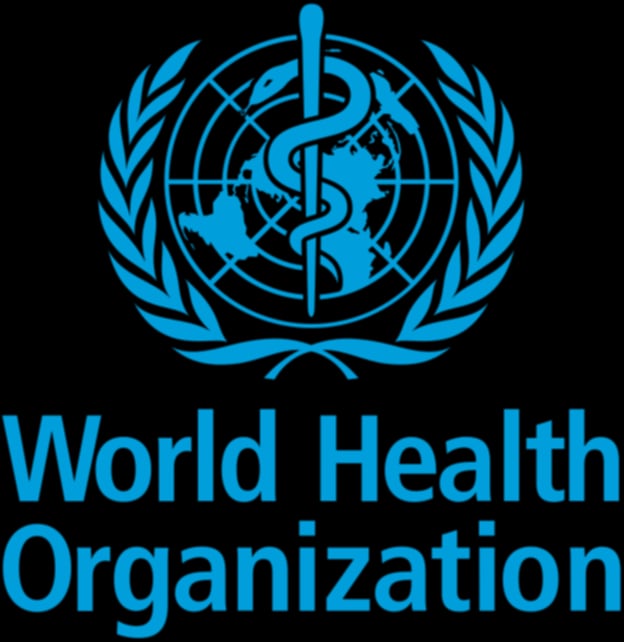Ambitious pledges at Bali Forum target cervical cancer prevention for girls and women globally.
Governments, donors, multilateral organizations, private sectors, and other partners convened at the 2nd Global Cervical Cancer Elimination Forum in Bali to unveil significant policy, programmatic, and financial commitments aimed at eliminating cervical cancer; one of the world’s most preventable cancers.
With over 300 participants, including Ministers and Vice Ministers of Health from diverse regions, the forum highlighted a strong political commitment to expand access to HPV vaccination, screening, and treatment, working toward making cervical cancer the first cancer ever to be eradicated.
The World Health Organization (WHO) Global Strategy sets clear 2030 targets:
· 90% of girls fully vaccinated with HPV vaccine by age 15
· 70% of women screened with high-performance tests by ages 35 and 45
· 90% of women with cervical disease receiving appropriate treatment
WHO Director-General Dr. Tedros Adhanom Ghebreyesus, highlighted the urgent need to act faster and ensure equity, stressing that every unvaccinated girl and unscreened woman is a call to intensify efforts.
Despite being preventable, cervical cancer claims a woman’s life every two minutes in which 94% of these deaths occur in low- and middle-income countries (LMICs).
Many LMICs face barriers like limited health systems, costs, and logistics, with less than 5% of women screened.
HPV vaccination prevents the majority of cervical cancer cases, saving lives at a high rate.
However, by 2024, only 46% of low-income countries have introduced the vaccine nationally, compared to 98% of high-income nations.
Building on momentum from last year’s commitments in Cartagena, which secured nearly US$600 million to scale up elimination efforts, the Bali forum highlighted key innovations such as single-dose HPV vaccines and self-sampling for screening.
These advances are improving access and affordability, particularly in Africa, where first-dose vaccination coverage rose from 28% in 2022 to 40% in 2023.
Additionally, Indonesia’s Ministry of Health is rapidly expanding its national HPV vaccination and early detection programs, providing free vaccinations to school-age girls and enhancing screening through DNA HPV tests combined with visual inspection.
Minister Budi Gunadi Sadikin stressed that prevention, including vaccination and regular screening, is crucial to reducing cervical cancer mortality.
Across many countries, national screening and treatment programs are being scaled up to ensure timely care for women diagnosed with cervical disease.
This coordinated global effort aims to prevent cervical cancer deaths from rising above 410, 000 annually by 2030.
Donors are urged to fully support Gavi’s target of vaccinating 120 million additional girls by 2030, a move expected to save 1.5 million lives.
Meanwhile, WHO Regional Director Dr. Saia Ma’u Piukala, described the initiative as a movement for justice, ensuring every woman, regardless of her location or income, has access to lifesaving care while breaking down barriers, stigma, and advancing women’s health globally.
Moreover, the forum concluded with the Bali Declaration, calling on countries to set ambitious national targets, align with global health commitments, and strengthen collective efforts toward a cervical cancer-free world by 2030.

